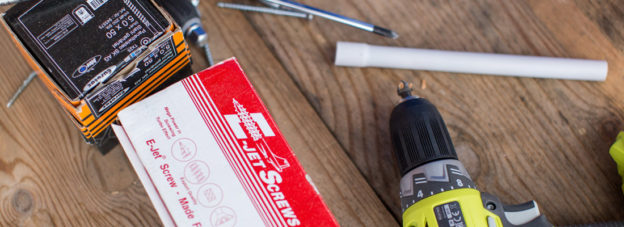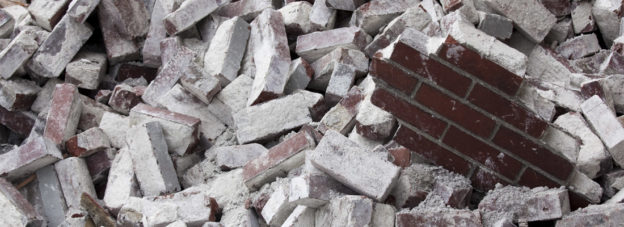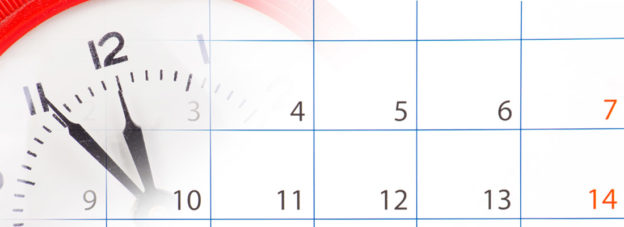For subrogation practitioners dealing with an installation-based statute of repose, knowing what is an improvement to real property is the first battle in what can, but does not have to be, a long fight. Like many other states, Tennessee’s statute of repose bars claims based on improvements to real property. Tennessee’s statute of repose runs four years after substantial completion of the improvement. See Tennessee Code Ann. § 28-3-202. In the case of Maddox v. Olshan Found. Repair & Waterproofing Co. of Nashville, L.P., E A, 2019 Tenn.App. LEXIS 464, 2019 WL 4464816, the Court of Appeals of Tennessee examined whether or not the work done by the defendant, Olshan Foundation Repair & Waterproofing Co. of Nashville, L.P., E.A. (Olshan) — which addressed bowing walls, cracks in the foundation and walls and water intrusion — qualified as improvements to real property for the purposes of the statute of repose. The court held that the work by Olshan essentially amounted to repairs, and did not qualify as improvements to real property. Continue reading →
This entry was posted in 





